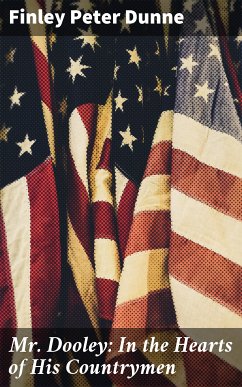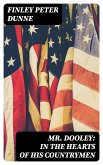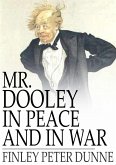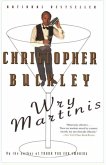In "Mr. Dooley: In the Hearts of His Countrymen," Finley Peter Dunne presents a rich tapestry of early 20th-century American life through the lens of his iconic Irish-American bartender, Mr. Dooley. This collection of humorous and poignant monologues encapsulates the spirit of the time, blending satire with social commentary, as Dooley reflects on politics, culture, and the immigrant experience. Dunne's distinctive literary style, characterized by its use of dialect and wit, serves not only to entertain but also to provoke thought about the complexities of American identity during a period of significant change and upheaval. Finley Peter Dunne, a journalist and playwright, drew inspiration from his own Irish heritage and the social issues of his era. His passion for capturing the voice of the working class and his keen observations on societal dynamics are evident in Mr. Dooley's musings. Dunne's experiences in Chicago's bustling landscape of the late 19th and early 20th centuries provided a backdrop for his characters, making them relatable and authentic to his contemporaries and future readers alike. This timeless work is recommended for anyone interested in American literature, Irish culture, or social history, offering a unique perspective on the thoughts and sentiments of ordinary people. "Mr. Dooley: In the Hearts of His Countrymen" is not just a humorous exploration; it is a profound commentary on the enduring struggle for identity and belonging in the melting pot that is America.
Dieser Download kann aus rechtlichen Gründen nur mit Rechnungsadresse in A, B, BG, CY, CZ, D, DK, EW, E, FIN, F, GR, H, IRL, I, LT, L, LR, M, NL, PL, P, R, S, SLO, SK ausgeliefert werden.









